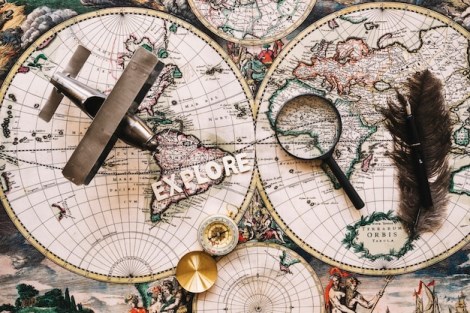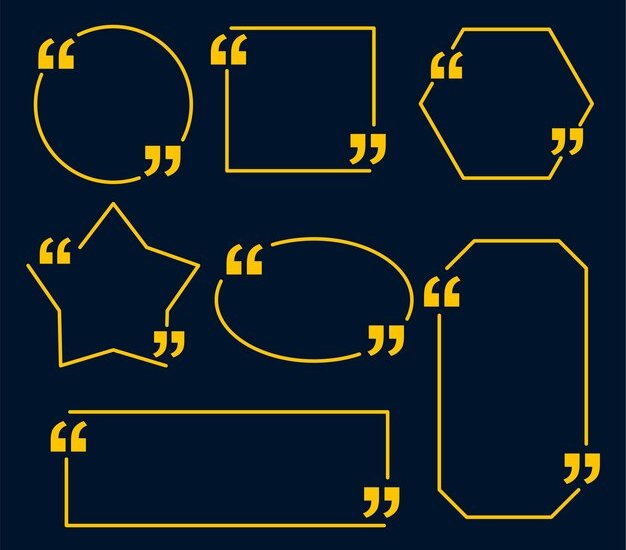Fascinating Historical Facts

Did you know that the Great Wall of China is one of the seven wonders of the world?
The city of Rome was founded in 753 BC, making it over two thousand years old.
The ancient city of Petra in Jordan was carved directly into the rose-colored cliffs—a truly magnificent feat.
The Titanic, considered unsinkable, sunk on its maiden voyage in 19
5. Egypt’s pyramids were built as tombs for pharaohs and contain hidden chambers and passageways.
The first Olympic Games were held in ancient Greece in 776 BC.
The medieval period is often referred to as the Dark Ages due to the limited knowledge and progress during that time.
The Aztec civilization in Mexico had a unique calendar system and built impressive pyramids.
The Renaissance period marked a rebirth of art, science, and learning in Europe.
The United States declared independence from Britain in 1776, leading to the American Revolution.
The Great Depression lasted from 1929 to the late 1930s, causing severe economic hardships worldwide.
Archaeologists discovered King Tutankhamun’s tomb in 1922, revealing stunning ancient treasures.
The Irish Potato Famine in the 1840s led to the mass migration of Irish people to other countries.
The Industrial Revolution transformed the world with advancements in manufacturing and technology.
The ancient city of Pompeii was buried under volcanic ash when Mount Vesuvius erupted in 79 AD.
Fascinating Historical Facts part 2
The Battle of Waterloo in 1815 marked the final defeat of Napoleon Bonaparte.
The city of Venice in Italy is built on a series of 118 small islands and is known for its canals and gondolas.
The Berlin Wall, which divided East and West Germany, fell in 1989, symbolizing the end of the Cold War.
The Spanish Inquisition, lasting from the late 15th to the 18th century, aimed to suppress heresy and enforce religious unity.
The Mona Lisa, painted by Leonardo da Vinci, is one of the most famous artworks in the world.
The ancient city of Athens is often called the birthplace of democracy.
The Black Death, also known as the Bubonic Plague, killed millions of people in Europe during the 14th century.
The Vikings were skilled seafarers and explorers from Scandinavia who journeyed to various parts of the world.
The French Revolution, which began in 1789, resulted in the overthrow of the monarchy and the rise of Napoleon Bonaparte.
The Silk Road was an ancient trade route connecting East Asia to the Mediterranean Sea.
The Russian Revolution in 1917 led to the establishment of the Soviet Union.
The Renaissance artist Michelangelo painted the ceiling of the Sistine Chapel in the Vatican.
The Declaration of Independence, signed on July 4, 1776, declared the thirteen American colonies independent from British rule.
The Trojan War, as described in Greek mythology, was fought over Helen of Troy.
The Taj Mahal in India was built by Emperor Shah Jahan in memory of his beloved wife.
The Magna Carta, signed in 1215, limited the power of the English monarchy and established the principle of the rule of law.
The Battle of Hastings in 1066 resulted in the Norman conquest of England.
The Spanish conquistadors, led by Hernan Cortes, conquered the Aztec Empire in the early 16th century.
The American Civil War, fought from 1861 to 1865, resulted in the abolition of slavery in the United States.
The ancient city of Machu Picchu in Peru was rediscovered by Hiram Bingham in 19
The Wright brothers achieved the first powered flight in 1903, revolutionizing transportation.
The French scientist Louis Pasteur developed vaccines and made significant contributions to germ theory.
The Cold War, a period of political tension between the United States and Soviet Union, lasted from the end of World War II until 199
The Battle of Thermopylae in 480 BC was an epic clash between the Greeks led by King Leonidas and the Persian Empire.
The Crusades were a series of religious wars fought between the Christians and Muslims in the medieval period.
The Mayflower voyage in 1620 brought the Pilgrims to present-day Plymouth, Massachusetts, in search of religious freedom.
The Russian Tsar Nicholas II and his family were executed during the Russian Revolution in 19
The Chinese philosopher Confucius emphasized ethics and personal morality in his teachings.
The construction of the Panama Canal was completed in 1914, connecting the Atlantic and Pacific Oceans.
The introduction of the printing press by Johannes Gutenberg in the 15th century revolutionized the spread of knowledge.

